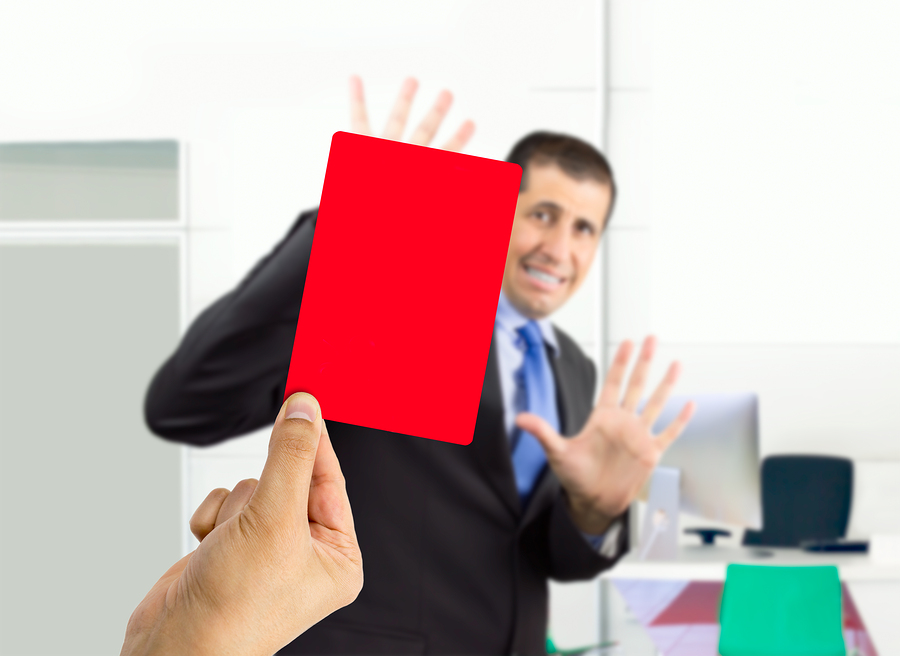“Thin” or “Shallow” Content
Responding to a drumbeat of complaints about poor search results, Google rolled out its “Panda” update in February 2011. Panda targets what is described as “thin” or “shallow” content or content that is lacking in substance.
This domain-level penalty targets sites with a predominant amount of so-so content and essentially treats it similar to overt spam techniques.
Today it’s no longer a question of whether the content is simply relevant but whether it is valuable to the user.
While most people are unlikely to accidentally spam a search engine, the opposite is true when it comes to cloaking. That’s why it’s such a heavy penalty, if you’re caught doing it. It’s a bait and switch and seen as a deliberate attempt to manipulate search results.
It’s one of the oldest spam tactics on the books, yet is still being used, and the search engines still don’t like it. Search engines say to use words you want to be found for on your pages. OK, I’ll give them those words over and over again! How about 100 times. In a row? That work for you, Google?
Actually, no, it doesn’t. But “keyword stuffing” could get you penalized.
How often is too often? There’s no correct answer here, but you’d really have to go to extremes to cause this penalty to kick in. It’s most likely to happen to non-SEOs who just don’t know better and might decide to paste a word many times in a row, typically at the bottom of a web page.
Hidden Text
Once you decide to keyword stuff, your next thought will probably be “Why don’t I hide all this text that no human wants to see.” You might make the text white, so it blends with a page’s background. In doing so, you will have spammed a search engine.
Search engines don’t like anything hidden. They want to see everything that a user sees. Don’t hide text, whether it be using styles, fonts, display:none or any other means that means a typical user can’t see it.
Piracy / DMCA Takedowns
The “Pirate” update targeted sites infringing on copyright law. Under pressure from the Recording Industry Association of America (RIAA), Hollywood powerhouses and governments, Google began to penalize sites who received a large number of Digital Millennium Copyright Act (DMCA) “takedown” requests.
It’s unlikely that most sites will have to deal with these issues, but you should handle any DMCA takedown notifications that show up in your Google Search Console account.
That’s what the Page Layout algorithm was meant to address. Often referred to as Top Heavy, this penalty is reserved for sites that frustrate the user experience by placing an overabundance of ads before content. So don’t make your users search for the content.
That’s longer than JC Penney was penalized (3 months) in 2011. But JC Penney suffered another penalty after having its paid link purchase splashed across a giant New York Times article. So did several large online florists. And Overstock got hammered via a Wall Street Journal article.
The debate over whether Google should act so aggressively against those who buy and sell links has gone on for years. The bottom line is to rank on Google, you have to follow Google’s rules — and the rules say no buying or selling links in a way that passes on search engine ranking credit.
If you choose to ignore Google’s rules, be prepared for little mercy if caught. And don’t believe programs that tell you they’re paid links are undetectable. They’re not, especially when so many of the cold-call ones are run by idiots.
You’re also not doing SEO, though sadly, all the people who hate the spam you leave behind get the impression that’s what SEO is about. So SEOs hate you too – with a passion.
If you do go ahead with it, most of the links won’t give you the credit you were thinking they would. On top of that, you can find yourself on the sharp end of a penalty.
This penalty has been given more weight in this version of the table based on the efforts Google has made in neutralizing and penalizing link spam and, in particular, the launch of the “Penguin” update.
If you’ve been caught dabbling on the dark side, or if a fly-by-night “SEO” company got your site in hot water you can disavow those links on both Google and Bing in hopes of redemption and a clean start.
Best of luck with your SEO efforts!
Source- http://searchengineland.com/
